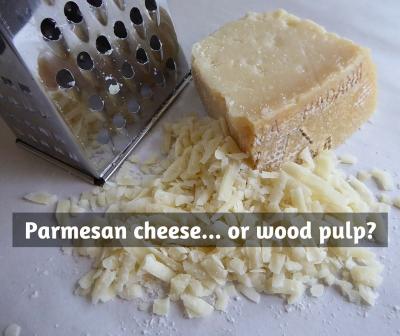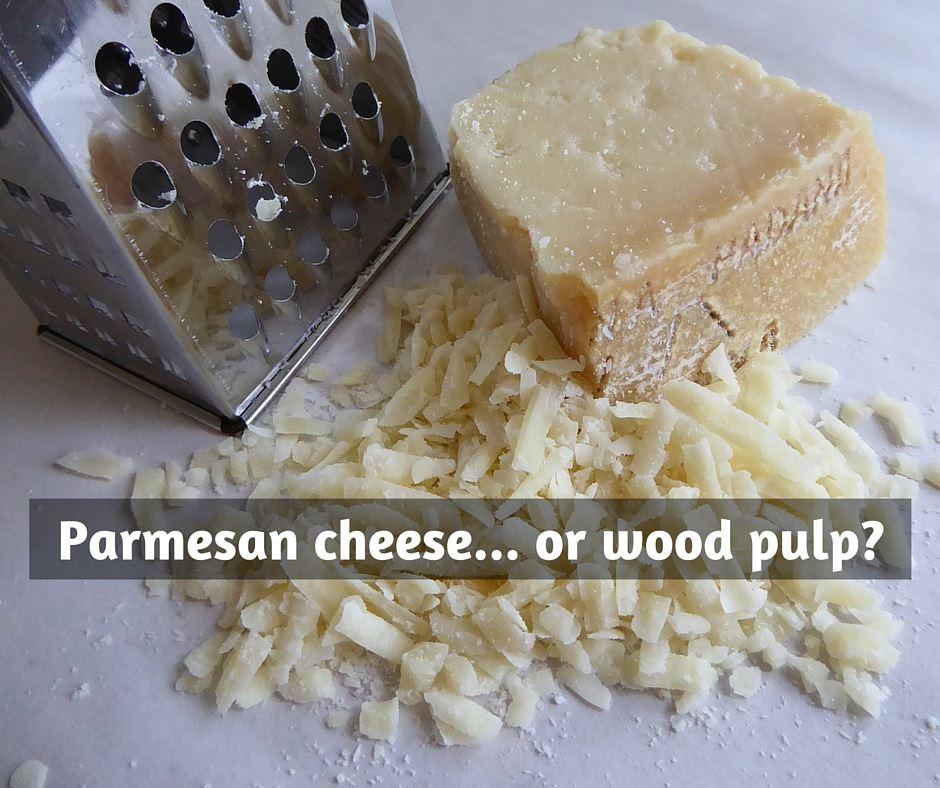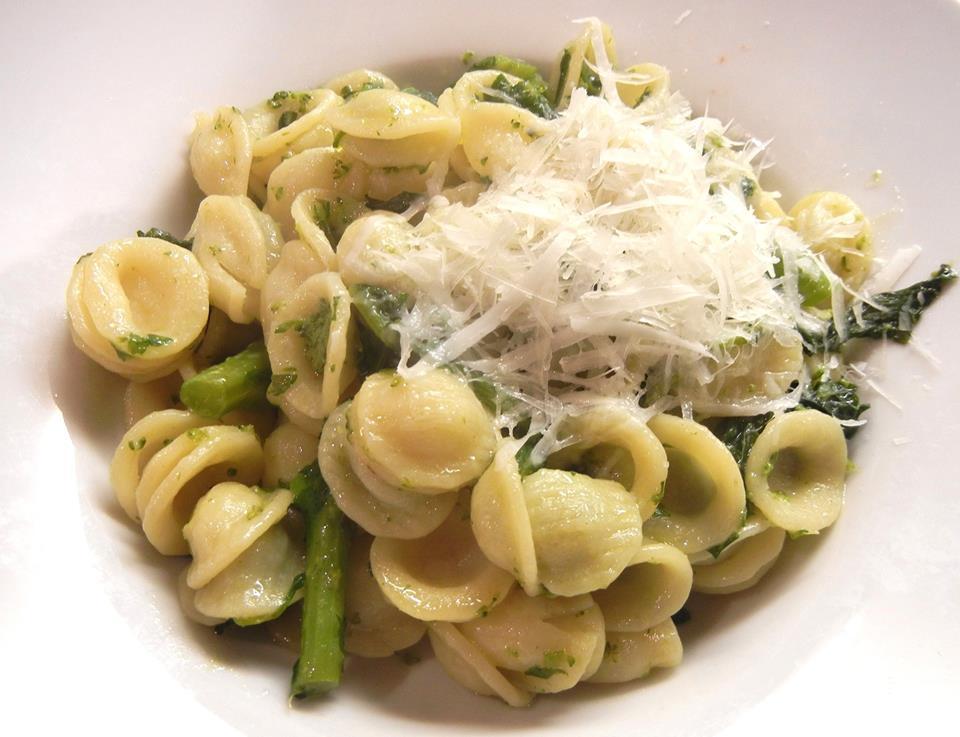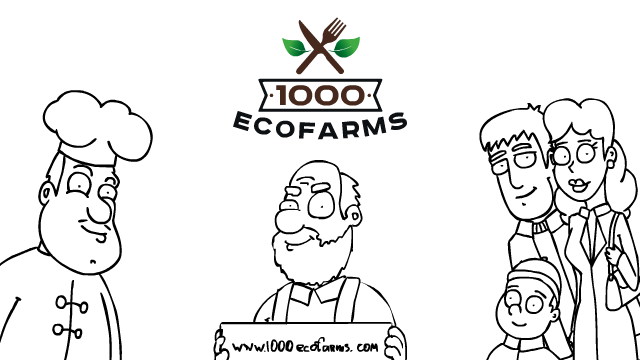For the average grocery store shopper, it is probably already difficult to know exactly what is in their food. If you read ingredient lists, this should come as no surprise to you, as a look at almost any processed grocery store item is going to contain an ingredient that you’re unfamiliar with… but what about the ingredients that aren’t even listed?
Cheese lovers may be shocked to hear that the parmesan they’ve been eating might not be exactly what they thought. On February 16th, Bloomberg News reported on a study that found some widespread parmesan cheese brands that advertised “100% parmesan cheese” were actually found to contain other types of cheeses, cellulose, and—most surprisingly—wood pulp.
Cheese lovers may be shocked to hear that the parmesan they’ve been eating might not be exactly what they thought. On February 16th, Bloomberg News reported on a study that found some widespread parmesan cheese brands that advertised “100% parmesan cheese” were actually found to contain other types of cheeses, cellulose, and—most surprisingly—wood pulp.
Cellulose is considered by the FDA to be a safe food additive (made from wood pulp and used to prevent clumping), allowable at levels from 2-4%. However, some parmesan cheese brands were found to have levels much higher than that. In Bloomberg’s investigation, 7.8% cellulose was found in Walmart’s Great Value Brand “100% parmesan cheese”, and 8.8% was found in Jewel-Osco’s Essential Everyday “100% parmesan cheese”. Even Whole Foods’ 365 brand was found to have 0.3%, despite cellulose not even being listed as an ingredient.
In one case, a company called Castle Cheese Inc., whose products were sold at a large variety of supermarkets, had a product labeled “100% parmesan cheese” that was found by the FDA to not contain any Parmesan whatsoever, but instead a mix of other cheeses and a large amount of cellulose.
The findings have resulted in a lawsuit being filed against Walmart by Marc Moschetta, a customer who feels he was misled, and that he would not have purchased the product had he known it was not “100% Parmesan cheese”.
In one case, a company called Castle Cheese Inc., whose products were sold at a large variety of supermarkets, had a product labeled “100% parmesan cheese” that was found by the FDA to not contain any Parmesan whatsoever, but instead a mix of other cheeses and a large amount of cellulose.
The findings have resulted in a lawsuit being filed against Walmart by Marc Moschetta, a customer who feels he was misled, and that he would not have purchased the product had he known it was not “100% Parmesan cheese”.
Transparency in the food industry has increasingly become a concern for the public, resulting in the push for GMO labeling laws, and updated definitions for labels such as “natural” and “healthy”. But what about issues in transparency that happen illegally, and can go unnoticed by the FDA? Getting to know a local farmer or producer helps bring you closer to your food so that when you buy something to feed to your family, you know what you’re getting.
We want to hear what you think! Are you surprised by these findings? How do you think issues like this can be addressed or prevented in the future?
We want to hear what you think! Are you surprised by these findings? How do you think issues like this can be addressed or prevented in the future?








